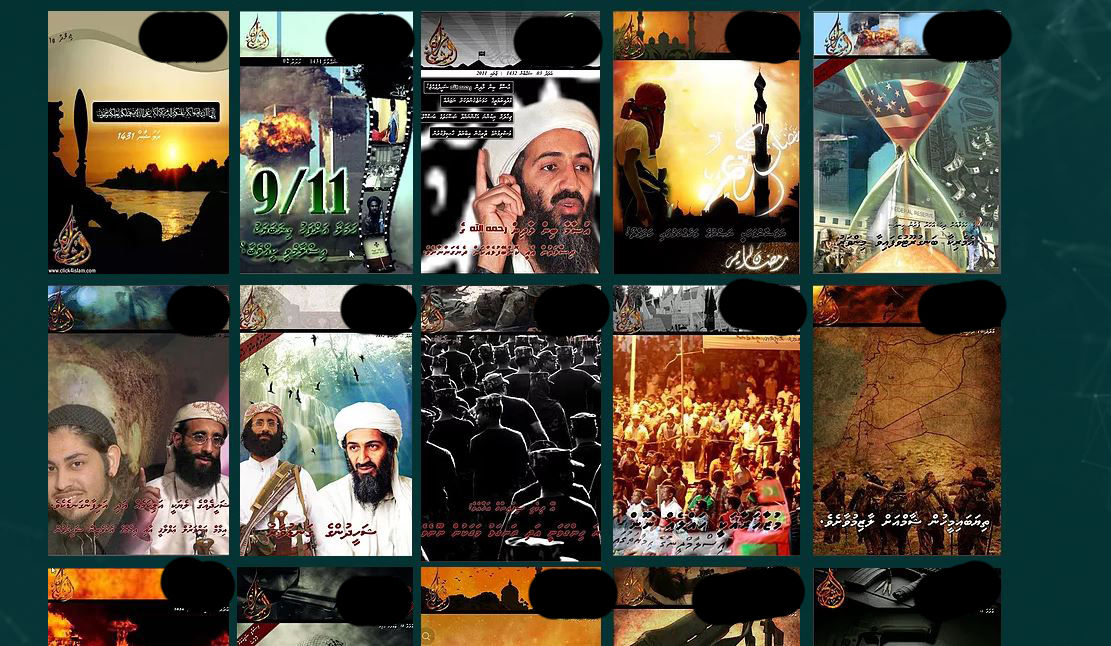Jihadi paradise: extremist material still online in Maldives despite government pledge
The defence minister told media in January that online extremist content would be blocked. But several websites — including those known to be linked to Maldivians fighting in the Syrian war — are still accessible.

30 Apr 2018, 09:00
Religious extremist websites and jihadist propaganda remain online in the Maldives, months after the government said it would block them.
Defence Minister Adam Shareef told reporters in January that online extremist content would be blocked, shortly after the United States issued a travel advisory citing the threat of a terror attack in the Maldives.
The US-based security and risk management consultancy the Soufan Group has said around 200 to 250 Maldivians are known to be fighting in Syria and Iraq, making the island nation the highest foreign fighter contributor based on per capita.
But the government has refuted the figures, offering various lower estimates and decrying damage to the economy due to “exaggerated” claims.
Become a member
Get full access to our archive and personalise your experience.
Already a member?
Discussion
No comments yet. Be the first to share your thoughts!
No comments yet. Be the first to join the conversation!
Join the Conversation
Sign in to share your thoughts under an alias and take part in the discussion. Independent journalism thrives on open, respectful debate — your voice matters.




